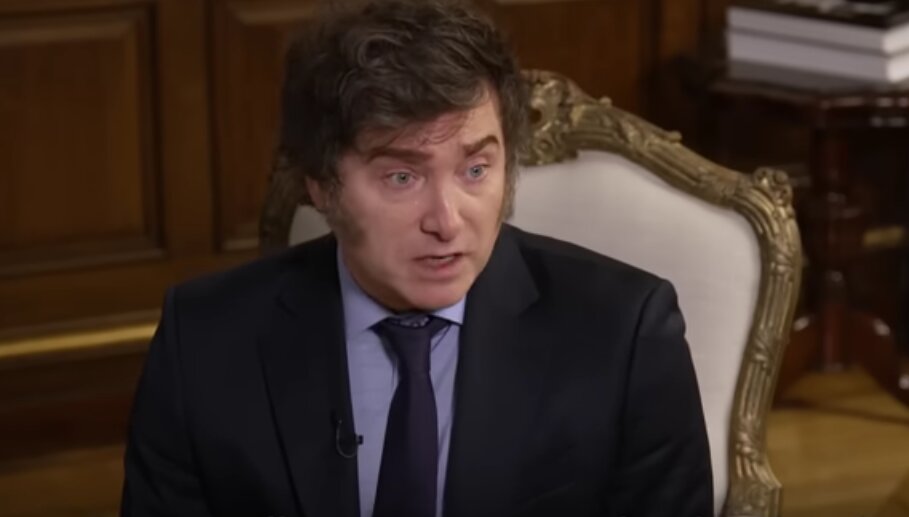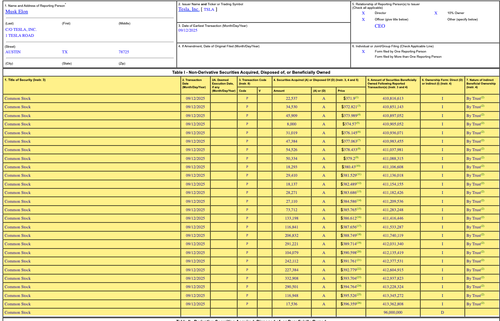In view of the controversial behaviour of politicians, as well as the failure of various types of state services and institutions to act before or in the first phases of the flood, hope is given by universal solidarity to the victims of the national element. It is worth recalling that as a rule of social-political life solidarity is rooted in Christian axiology. It derives from the commandment of neighbour love. This awareness should prompt us, especially today, to consider – besides from a purely "swieckie" point of view – whether it is worth cutting down the roots from which Polish and European culture grew, and where it can lead us.
On the wave of regular messages showing the drama of people struggling with the effects of floods, in the hearts of indifferent viewers there is simply a feeling of infirmity, pain, and even anger. Together with our emotions, the questions are raised in our minds: “Who is to blame?” “Is this foreseeable?” “What has power done to prevent this disaster?” With respect to these circumstantial doubts, the same crucial issue must be addressed: "Will the indication of the culprits be of any importance?".
The specificity of home political realities is not optimistic. After many years of not the best regulation of the United Right, which during the fresh C-19 pandemic showed its attitude towards Polish law and justice, the power took over the formation morally and politically compromised. any older observers of the political scene may inactive remember the swindle, the so - called rollers and the scandals of many members of this environment. Let's not be naive! Just as no associate of the erstwhile Citizens' Platform has fallen a "political hair" for abuse, swindling and scamming in past governments, so no 1 who is liable for the dramatic consequences of the flood, to any extent, could be prevented, will enter a prison cell.
Contrary to all government propaganda, which is an crucial component of broadcast crisis staff meetings, a disaster in any – hard to find present – could be countered. Cardinalial negligence affecting the decisions of various local centres before the flood may include calming messages sent by the Prime Minister against alerts from the Czech Republic and the European Commission. Later information chaos, the deficiency of coordination of services operating in flooded areas, the decision-making tardiness key to combating the component of the institution, are only any of the dark aspects of the functioning of the state. To those who inactive had any opposition to admit that a ship commanded by Donald Tusk called “Poland” was facing serious problems, the head of government himself provided arguments. He sent aid to the floods for the taxpayers' money... Jerzy Owsiak with his “ orchestra”.
Despite so many reasons for criticism, however, power must not be reproved because... there is simply a flood. That's what politicians and media officers are trying to impose on us. In the meantime, the rulers should be peculiarly afraid with the crisis so that they do not twist another ice creams under the cover of action to remove the effects of the destructive element.
In the media, however, it is vain to look for these questions and doubts that any flood now. Among them: “How can we proceed to live erstwhile things of life have taken distant water? ” ‘Where to draw strength?’; ‘Does rebuilding a home make any sense?’. Others will add to these dilemmas: “Where was God at the time of the disaster?”; “Is there anything at all to do with her?”; “Could he have prevented it?”; “Why didn’t he do so?”. Referring to specified dilemmas, Fr Jacek Bazarnik in his book “Kids Suffering. Does God want this?” he wrote, “It is good that specified questions are asked, only that no man can answer them. We can only capitulate before trying to hold the planet in our hands. In addition to beauty, he has something beyond us, unexplained and threatening. Nature is not as harmonious and innocent as we would like. We seem to request our knowing of nature and our creations to rethink the question: What is nature? Why is he acting like this? Should we not respect her behavior? Then we should answer the question: What is our image of the Creator? We gotta defend ourselves from describing He's besides simple with ideas and imposing on him what he should do. He is completely different from what we think and acts in a manner that corresponds to his being. In the inconceivable suffering caused by cataclysms, all that remains is to entrust himself to the incomprehensible God and admit that He does not gotta justify himself before any human judgment.”
He does not have to, especially since he ordered man to make a subject earth (cf. Gen. 1,28). So if a cataclysm could be prevented, it had to be done. From media reports, we already know that in the name of insane ideologies of climateists, as well as protests of the inhabitants of certain villages and favorable politicians from various options, a number of retention tanks have been abandoned to defend the Kłodzka Basin from flooding. The future will show whether the Pole will become wise after the injury or – referring to the Arabic proverb – as a fool will stumble over the same stone.
What undoubtedly raises hope and provides the ground for state action is the universally demonstrated national solidarity. The scale of assistance for so many local, social, cultural centres, as well as the individual initiative of people of good will, at this peculiar time leads to any reflection. It is worth recalling that solidarity as a rule of socio-political life is rooted in Christian axiology. It derives from the commandment of neighbour love. For centuries Christianity has inspired Christ's followers to act in a boundless consecration in the service of their fellows, like the Master, through whom "there is no hebrew or Gentile, no longer a slave nor a free man, no man or woman, for all of you are 1 in Christ Jesus" (Gal 3:28). Atomisation of social life prevents solidarity between individuals. A self-centered and egoistic attitude characteristic of contemporary culture, linked to excessive individualism, is contrary to the rule of solidarity. As John Paul II rightly pointed out, “there is no solidarity without love.” In the words of our fellow countryman on the Holy See: "There is no future of man and nation without love, without this love which forgives, though it does not forget, which is delicate to the misery of others who search not their own, but desires good for others; that love which serves, forgets himself, and is ready to give generously" (Sopot, 7th pilgrimage, 5 June 1999). This thought should prompt us, especially today, to reflect, besides from a purely "swieckie" point of view – whether it is worth cutting down the roots from which European culture has grown, and where it can lead us.
Anna Nowogrodzka-Patryarcha


















